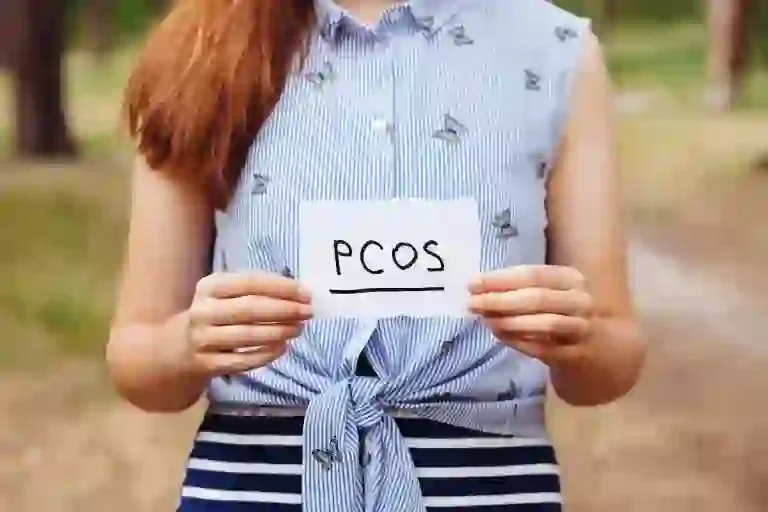People with bipolar disorder will experience severe shifts in behavior, thinking, energy, and mood. The condition is more than just having good or bad moods.
Bipolar disorder or manic-depressive mood disorder is a mental health problem that requires medical attention. It can lead to severe mood swings, lack of sleep, low energy, inability to think rationally, and changes in behavior too. Sometimes one may feel happy and energized for a few days and other times he/she may feel hopeless, sad, low, sluggish, and irritated for a few days/ months.
Types, Signs And Symptoms:
Bipolar I disorder: This includes episodes of Mania and Depression. The symptoms of mania are excessive spending, excessive talking, increased energy, grandiose thinking decreased need for sleep, and jumping from one idea to the next one.
Bipolar II disorder: You will have a major depressive episode and at least one hypomanic episode (periods of milder manic episodes including being energetic, elated, or irritated moods).
Cyclothymic disorder or Cyclothymia: A mild form of bipolar disorder where episodes of hypomania and mild depression may persist for at least two years.
Other common red flags of mania in a bipolar patient are restlessness, poor judgment, impulsiveness, loss of appetite, getting distracted very easily, high sex drive, engaging in reckless behaviors, and making unrealistic plans. During depressive episodes, one will be forgetful, sad, talk slowly, have a low sex drive, lose interest in activities that he/she liked, have trouble sleeping and keeping focus and be unenergetic. Bipolar and related problems can also be seen to be associated with alcohol consumption, drug abuse, and conditions like stroke.
Treatment:
One with bipolar disorder will be suggested medication based on his symptoms:
- Mood stabilizers: These will help you to perk up your mood. Take only after your doctor advises them.
- Antidepressants during the depressive phase: These can also help to stabilize the mood and you will be relaxed. Anti-anxiety medications or sleep medicines can help you to calm down and sleep peacefully.
- Cognitive behavioral therapy (CBT): This can help you to manage stress and other negative triggers.
- For better mental health you need to adhere to certain lifestyle modifications such as exercising daily, eating a well-balanced diet, managing stress by doing meditation, eating and sleeping on time, and avoiding alcohol and drug abuse.
- Being aware of your condition, and having knowledge about the symptoms of the various phases help in early treatment and prevention of complications. Adherence to medication protocol usually helps achieve a stable mood for a longer time. Medication is not lifelong in most cases.
Can Bipolar Disorder Cause Pregnancy Complications?
A large number of women with bipolar disorder have a healthy pregnancies. But some medications used to manage this disorder may have some effect on the baby in a few cases. Women with bipolar should talk to a mental health expert before getting pregnant. Know about the medication that you are taking and talk about its side effects with the doctor. Inform your doctor about conceiving plans beforehand so that medications can be adjusted. If one parent has bipolar disorder there is a 10 percent chance that their child might develop the illness, but one must remember that the overall lifetime prevalence of bipolar spectrum disorders is roughly around 3 percent.
Dr. Sonal Anand,
Psychiatrist,
Wockhardt Hospitals
To book an appointment call: +918108101104
Source: https://www.india.com/health/bipolar-mood-disorder-what-is-it-types-symptoms-treatment-and-does-it-cause-pregnancy-complications-5734885/












